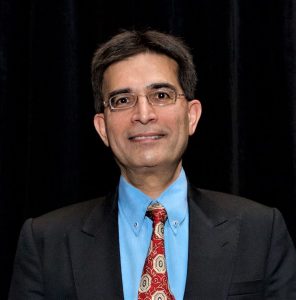The Importance of AAEP Fellowship Recognition According to Site Inspector Muhammad Ahmed, MD, FAAEP
 There are several postgraduate training programs that offer emergency medicine fellowships to physicians who have finished a primary care residency and are interested in emergency medicine. With the relative shortage of residency-trained emergency physicians, especially in rural areas, the number of these fellowships has increased significantly in the last few years.
There are several postgraduate training programs that offer emergency medicine fellowships to physicians who have finished a primary care residency and are interested in emergency medicine. With the relative shortage of residency-trained emergency physicians, especially in rural areas, the number of these fellowships has increased significantly in the last few years.
The American Academy of Emergency Physicians (AAEP) saw the need to recognize these EM fellowships, which are doing an excellent job of training the fellows. AAEP recognition provides benefits to both the fellows and the programs. For fellows, we ensure that they continue to receive top-notch training. In addition, AAEP recognition makes them eligible for certification through the Board of Certification in Emergency Medicine (BCEM). With our collective knowledge and experience, the AAEP helps programs by offering recommendations on best practices.
We take several factors into account when we inspect a fellowship program. We visit the ED and the hospital to make sure that the program has a qualified and adequate teaching staff, and a comprehensive curriculum that includes didactics, ultrasound learning, trauma management, pediatrics, adequate procedural training, and exposure to enough volume and pathology.
The AAEP anticipated the increased demand for EM fellowships and responded by recruiting and training more inspectors. We also have made our inspection processes more comprehensive yet more efficient for programs as well as inspectors.
If you are a director thinking of establishing an EM fellowship program, I congratulate you on joining a unique group of dedicated leaders who are helping to raise the quality of emergency medicine across the country. It does require dedication and commitment from you as well as the key leaders in the ED and the hospital, but the AAEP can help you with advice and practical solutions to the unique issues of this endeavor.






